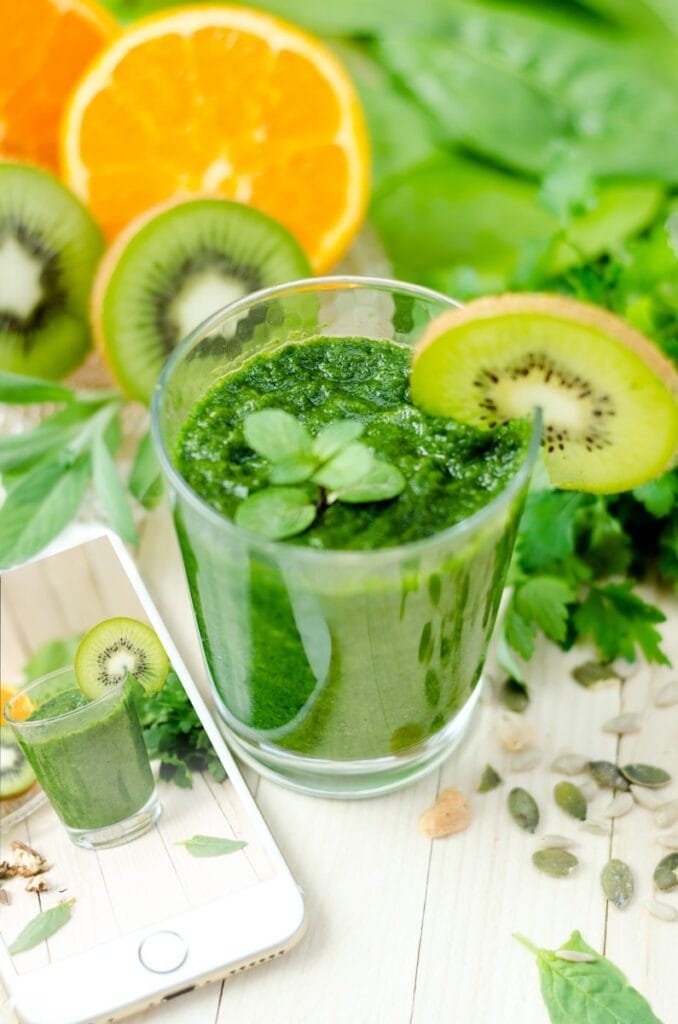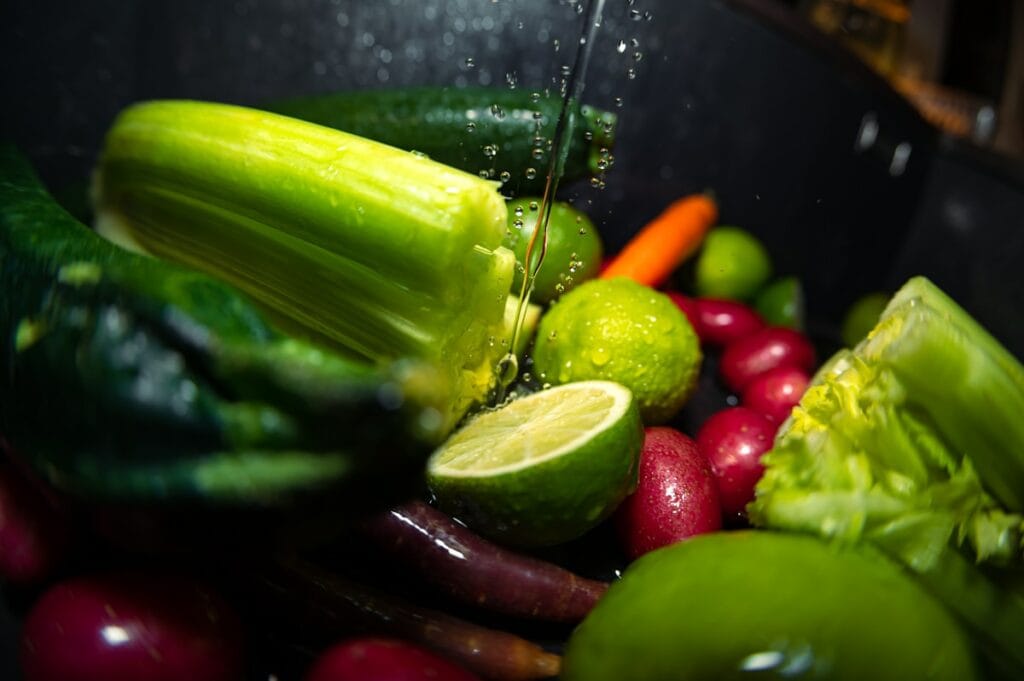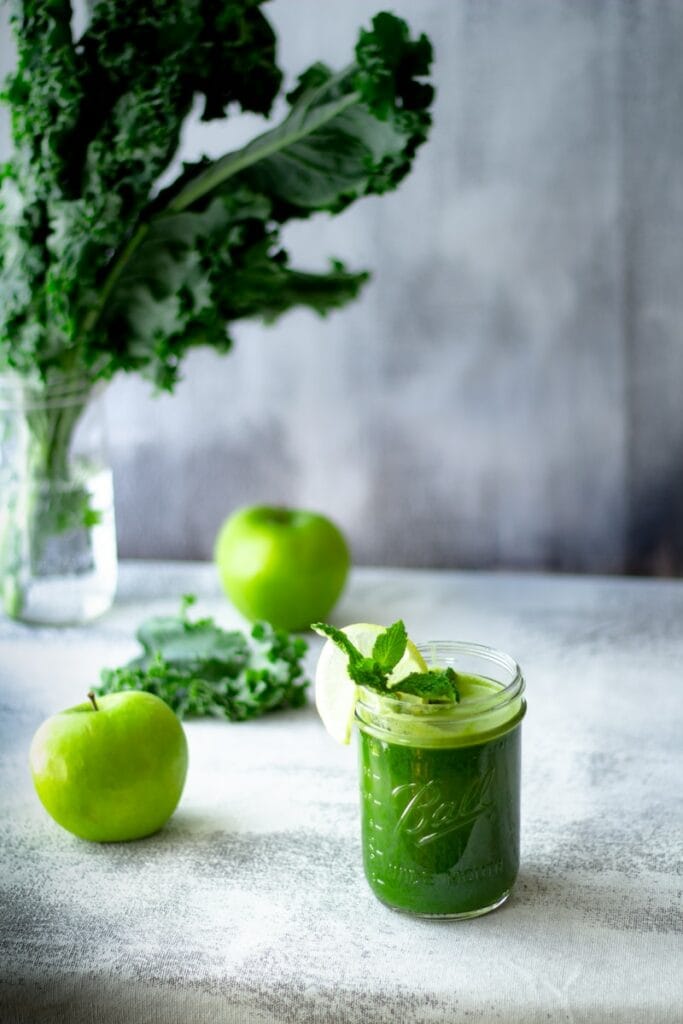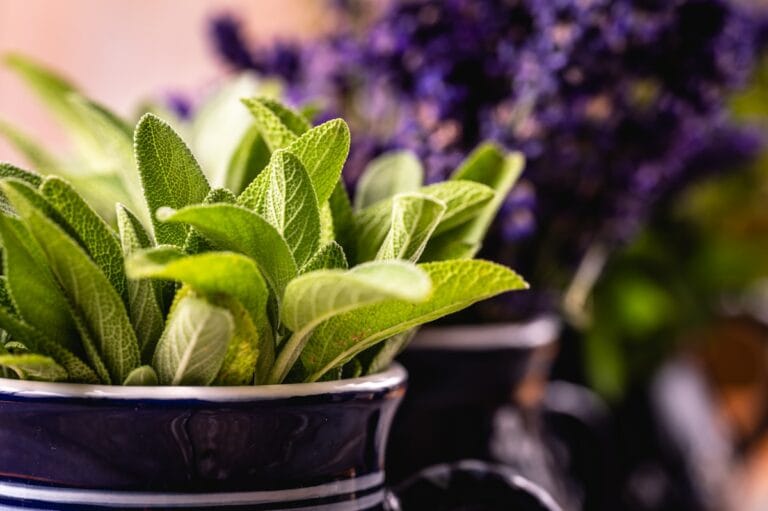Celery Detox Skin Tips Against Oxidative Stress
We curated a few celery detox skin tips to help you fight against oxidative stress, a key factor in skin ageing and damage, with significant implications for pigmentation, inflammation and skin health

Celery, a regular in many kitchens, is more than just a crunchy addition to salads and soups. This humble vegetable boasts a plethora of health benefits, supported by recent scientific research, making it a valuable tool for a balanced diet.
Celery is predominantly composed of water—about 95%—making it an excellent hydrating food. Beyond hydration, it is a rich source of vitamin K, providing approximately 73% of the daily value per 100 grams. It also contains vitamin C, potassium, and folate, all essential for maintaining optimal health.
The Impact of Oxidative Stress on Skin Health
Oxidative stress is a key factor in skin ageing and damage, with significant implications for pigmentation, inflammation and overall skin health. The skin, as the body’s primary barrier against environmental stressors, is constantly exposed to ultraviolet (UV) radiation, pollution, and other external aggressors that generate reactive oxygen species (ROS). These free radicals can disrupt cellular homeostasis, leading to oxidative damage of proteins, lipids, and DNA within skin cells.
One of the primary mechanisms through which the skin defends itself against environmental stress is through pigmentation. Melanin, a natural pigment produced by melanocytes, plays a crucial role in photoprotection by absorbing and scattering UV radiation, thereby reducing its penetration into deeper layers of the skin. The complex process of melanogenesis occurs within melanosomes and is regulated by multiple signaling pathways, including the activation of α-melanocyte–stimulating hormone (αMSH), stem cell factor, and endothelin-1. These signaling molecules converge on the microphthalmia-associated transcription factor (MITF), which in turn regulates the expression of tyrosinase (TYR), tyrosinase-related protein-1 (TRP-1), and tyrosinase-related protein-2 (TRP-2), all of which are critical for melanin biosynthesis.
However, excessive oxidative stress can disrupt this finely tuned system, leading to dysregulated melanin production. Overproduction of ROS has been linked to hyperpigmentation disorders, such as melasma and post-inflammatory hyperpigmentation, as well as premature skin aging characterized by loss of elasticity, increased wrinkles, and uneven skin tone. On the other hand, oxidative stress can also impair melanogenesis, contributing to conditions like vitiligo, where melanocytes undergo oxidative damage and cell death.
Given the intricate relationship between oxidative stress and melanogenesis, targeted interventions, including antioxidant-rich diets, topical antioxidant formulations, and lifestyle modifications, have been explored to mitigate its damaging effects. Natural compounds such as polyphenols, flavonoids, and vitamins C and E have been shown to neutralize ROS, supporting skin integrity and reducing oxidative damage. Further research continues to explore novel therapeutic strategies to regulate oxidative stress and preserve the skin’s natural defense mechanisms.
By understanding the role of oxidative stress in skin health, researchers and dermatologists can develop more effective approaches to protect and restore skin balance, ultimately promoting a healthier, more resilient complexion.
Celery and Skin Health
One of the most remarkable aspects of celery is its abundance of antioxidants, including flavonoids like apigenin and luteolin. These compounds help combat oxidative stress, reducing inflammation and potentially lowering the risk of chronic diseases such as heart disease and cancer.
Recent studies have highlighted celery’s potential in supporting cardiovascular health. The presence of phthalides, natural compounds in celery, may help relax artery walls, promoting healthy blood flow and aiding in blood pressure management.
Additionally, celery’s anti-inflammatory properties extend to neuroprotection. Research suggests that the flavonoids in celery may support nerve tissue regeneration, potentially offering protective benefits against neurodegenerative diseases.
The antioxidants in celery play a significant role in skin health. By neutralizing free radicals, these compounds help detoxify the skin, removing impurities and pollutants that can lead to various skin issues. Regular consumption of celery may contribute to a clearer complexion and a reduction in skin inflammation.
Green Juice Recipe for Skin Detox
Incorporating celery into your diet can be both delicious and beneficial. Here’s a simple green juice recipe that harnesses the detoxifying properties of celery:

Ingredients and instructions: 4 celery stalks, 1 cup fresh apple chunks, 1-inch piece of ginger, 1 cucumber and 1 carrot (optional), juice of 1 lemon (optional), 1 orange ( optional), 1 mango or banana

- Wash and cut the celery stalks and green apple into smaller pieces for easier blending.
- Peel and chop the ginger.
- Combine all ingredients in a juicer or blender.
- If using a blender, blend until smooth and then strain the mixture through a fine mesh sieve or cheesecloth to remove the pulp.
- Drink while fresh
This refreshing juice combines the hydrating and antioxidant-rich properties of celery and cucumber with the anti-inflammatory benefits of ginger and the vitamin C boost from pineapple and lemon. Regular consumption may aid in detoxifying the skin, promoting a clearer and more radiant complexion.
Celery is a versatile vegetable with a robust nutritional profile and numerous health benefits. Incorporating it into your diet, whether through whole consumption or as part of a detoxifying green juice, can contribute to overall health and particularly to skin vitality. As always, it’s essential to maintain a balanced diet and consult with healthcare professionals when making significant changes to your dietary habits.
Do you want to share your story and inspire our readers ? Know that YOUR EXPERTISE is paving the way for a fairer, happier society.




